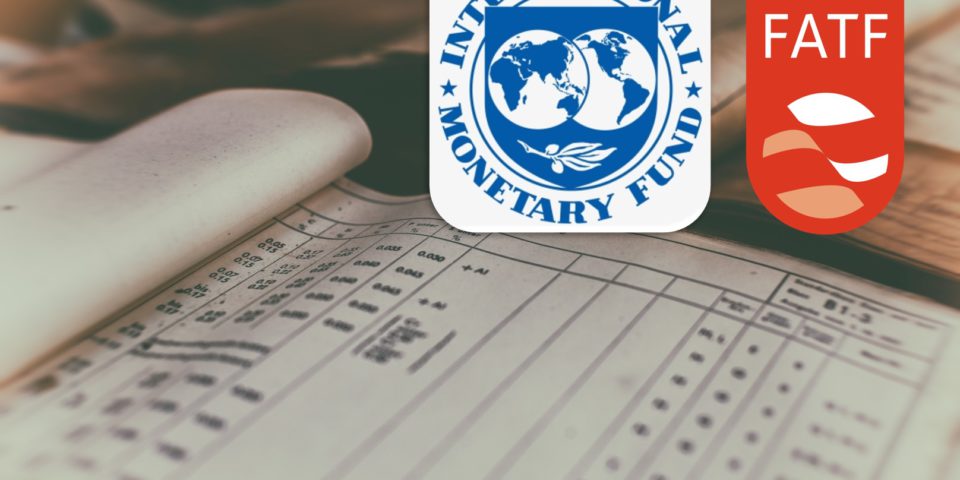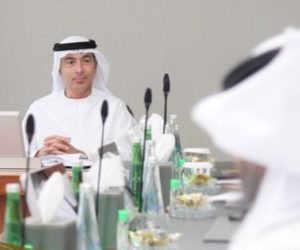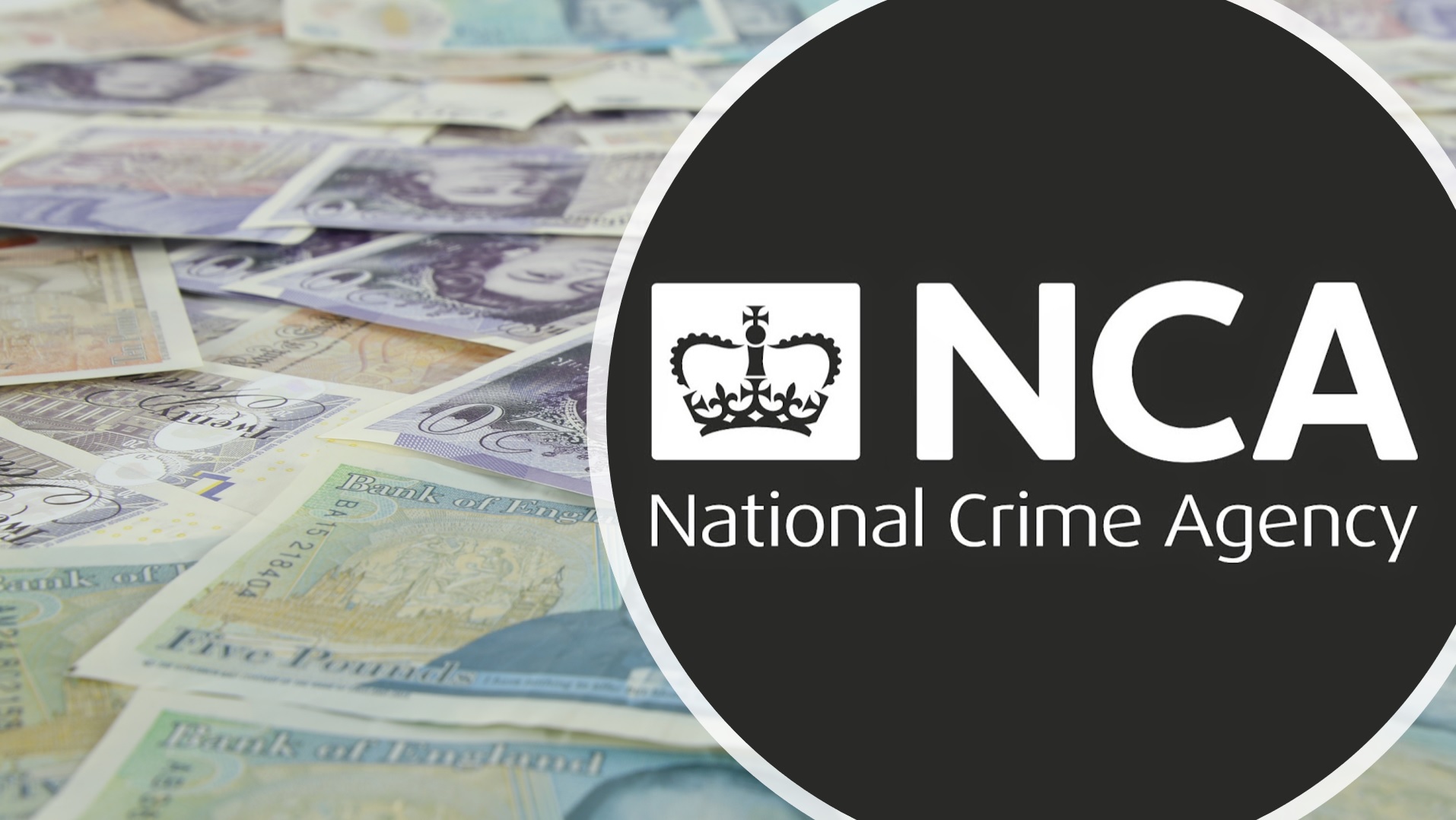By Dan Byrne for AMLi
TOP AGENCIES in the fight against financial crime have strengthened the call for robust beneficial ownership practices.
The calls come amid a pandemic which adds a new dimension to the threats of money laundering and financing of terrorism worldwide.
“We do see that private and public sectors are taking away resources from AML and CTF efforts – which includes work on beneficial ownership – and moving it towards economic recovery and health measures,” said Financial Action Task Force Vice President Elisa de Anda Madrazo.
“While this is understandable, FATF – and indeed the G20 – are saying that this is not a time for the world to ‘go neutral’ on beneficial ownership.”
Madrazo made her comments while speaking with experts and national representatives on the importance of transparency and developing beneficial ownership protocols.
Beneficial ownership (BO) refers to those individuals who ultimately own – and thus stand to benefit financially from – a given corporate entity.
Developing transparency around this concept is considered by AML experts to be a cornerstone in crafting a strong shield against financial crime, however there are notable problems worldwide which the pandemic has not helped.
“A lot of businesses… that were legitimate and legal… are going to go into bankruptcy, or have to close or sell,” Madrazo explained.
“Criminals and corrupt officials could take over this listed mass of businesses to conduct and mask their operations. It’s a true risk that we’re seeing during the pandemic.”
This was compounded by shortcomings already noted to have existed before the onset of the current COVID-19 economic crisis.
Not least of which was the fact that even though jurisdictions across the world have decided on changes based on FATF recommendations, the effective implementation of those changes – and the result to show for it – are lacking, Madrazo said.
IMF demands accountability as a price for aid
IMF Financial Sector Expert Ivana Rossi echoed the calls for greater transparency and the importance of remaining focused on it even though the pandemic brings other priorities in governance.
“By now, over 70 countries have received emergency funding from us… but we wanted to make sure these resources were going to be used for the intended purposes, and would reach those that truly need it,” she said, speaking in particular of health and business rescue packages.
“How do you balance the need to act very quickly, but ensure you have some kind of a safeguard to know the funds are going to the right place?”
The IMF has since developed ‘governance safeguards’ – intended to bring this balance to reality.
The body has asked for commitment to publishing beneficial owners of companies that are seeking public funds, which 55% of participating nations have already made.
The IMF has also asked for commitments on transparency for those procuring emergency funding, which 60% of participants have made, and commitments on publishing independent audits, which 72% of participants have made.
“We knew that with the increased role of the government, we had to stop leakages and be mindful of not having wasted public resources.” Madrazo summarised.
Share this on:
Follow us on:








